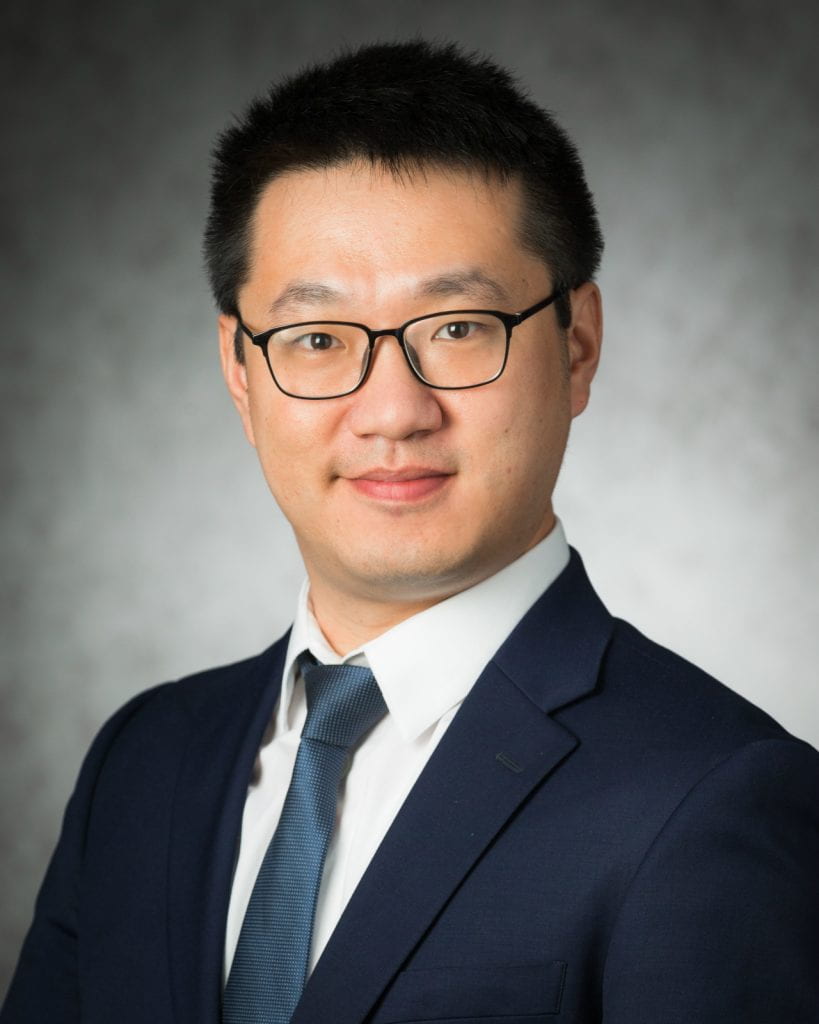Our next seminar will be held jointly with the Electrical Engineering Department. Our next presenter will be Erick C. Jones, a PhD candidate at The University of Texas at Austin.
All students, faculty, and staff are welcomed to attend.
Title: Multi-Systems Optimization: Equitably Aligning Generation and Demand
Presenter: Erick C. Jones
Date: March 8, 2021
Time: 1:15pm – 2:15pm
Join us on Teams Live via computer or mobile app
Click to join live event
Abstract: Modern life depends on cheap and reliable energy. The energy system powers just about every other major sector including buildings, transportation, food systems, and water systems. However, the energy production process produces large amounts of pollution and greenhouse gases, most of the energy it does produce is wasted, and the negative externalities cascade to other systems. Furthermore, the environmental concerns, inefficiencies, and adjacent system effects have the largest impacts on the most vulnerable. Those of us who are housed in areas with higher air pollution, have less efficient homes and cars, and as a result spend more of their income on energy while getting less out of it. New technologies and the purposeful integration of energy with other sectors via systems of systems engineering techniques can address some of these issues. The goal of this work is to advance research related to multi-systems optimization by examining possible interdependencies between the energy sector and other systems that encourages clean energy adoption by aligning the flexible loads of those systems with the intermittent supply of renewables and investigating if that minimizes an individual or a community’s barrier of entry into the clean energy space.
Bio: Erick Jones is a Ph.D. Candidate in Operations Research and Industrial Engineering at the University of Texas at Austin. He received a B.S. in Chemical Engineering with a minor in Petroleum Engineering from Texas A&M University. As an undergraduate, Erick researched growth mechanisms of single-walled carbon nanotubes. From there, he spent several years working in the design, manufacturing, oil and gas, and HVAC industries. These experiences motivated Erick to pursue research that can enhance quality of life by improving access to sustainable resources, particularly where a lack of physical infrastructure or economic resources presents a major obstacle. In his research, Erick develops integrated assessment tools to analyze how energy systems, water resources, supply chains, urban space, and transportation networks operate in concert to influence economic and environmental well-being. Since Fall 2019, Erick has been an NRT Fellow in the NSF Research Traineeship program on food-energy-water systems at UT and in the Summer of 2020 received the Mickey Leland Energy Fellowship from the Department of Energy’s Office of Fossil Energy to support his research with Los Alamos National Laboratory on the SimCCS tool for CCS infrastructure optimization. Erick also participates in education and outreach activities through the Planet Texas 2050 initiative, INFORMS, GEC, and Science in Residence, which encourages K-12 students to think about climate change and other STEM issues.

